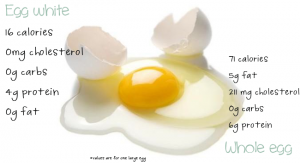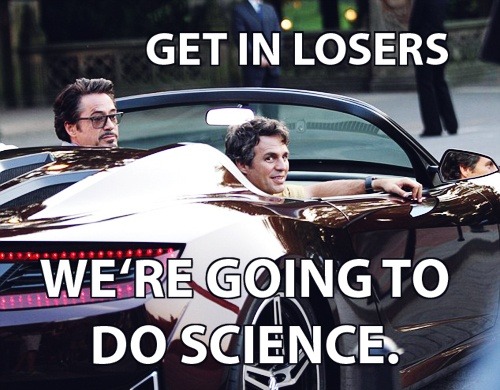The Paleolithic (Paleo) diet has received a lot of attention lately, mostly due to its popularity amongst certain fitness circles such as Crossfit. Here’s a basic breakdown of what Paleo is and is not.
What can you eat?
The Paleo Diet is a lot like it sounds – they advocate for eating food that a caveman during the Paleolithic diet would eat. This means mostly eating meats, vegetables, fruits, roots and nuts. The Paleo diet excludes dairy, grains, legumes, salt, added sugar and processed oils.
Why?
The rationale behind the diet is based on the idea that the genetic makeup of man has changed very little since the Paleolithic era. Common man, they argue, has modern day ailments (such as diabetes, obesity, etc.) due to introduction of certain foods that are not “meant” to be eaten. By eliminating these foods and looking toward our ancestors and how they ate we can live a healthier life.
Variations
Some Paleo proponents swear off certain foods, such as fruits, or make their diets to be low carb. Like all diets there are variations within the community, and saying “Paleo” does not necessarily mean one eats fruit or one eats low carb. The basic guidelines of no grains, legumes, dairy, added sugar, salt and processed oils is universal.
A case for Paleo
By focusing on meats, vegetables, nuts, roots and fruit one can lead a virtually unprocessed diet. The Paleo movement does fit closely with the “Clean Eating” and “Whole Foods” movement that encourages people to get many nutrients from whole, unprocessed foods. Additionally, people with certain illnesses such as celiacs or dairy intolerance can easily adhere to these diets.
Some great resources for Paleo information:
The Paleo Diet
Everyday Paleo
The case against Paleo
The main drive for the case against Paleo comes from the idea that the basis of Paleo is flawed. That is, a misunderstanding of genetics has lead to false assumptions. While modern man’s DNA doesn’t differ greatly from Paleolithic man, genetics is more complicated. There is no 1:1 ratio between genotype and phenotype. Traits are not simply dominant or recessive, and complex interactions between DNA can cause vastly different expressions phenotypically.
Further, the Paleo movement implies that 10,000 years is not enough time for genetic adaption to diet or lifestyle. We know this to be false because research has shown that Europeans increased their lactose tolerance (genetically) within 1,000 years of the introduction of animal husbandry. Additionally, new research has shown that salivary amylase (which breaks down starch) has increased in modern man.
From an anthropologic stand point Paleo is flawed in assuming that all people in the Paleolithic area ate the same food, regardless of location. The Gwi of Africa had a diet consisting of 23% animal product vs. Alaskan tribes bordering around 99% animal product – all in the same period. Additionally, the introduction of fishing occurred around the Upper Paleolithic era.
Lastly, Wolfgang Kopp stated in a 2006 issue of Preventative Medicine that Paleo also ignores much of the argument of “Natural Selection.” That is, evolution favors those who live to reproductive age. Since Paleo advocates for higher protein, such disease factors as cardiovascular disease will be higher. These disease states occur later in life after reproduction has occurred. He calls this a “functional diet (keeps us alive) that is dysfunctional (causes disease).”
Some articles that warn against Paleo:
The Paleo Manifesto: A Case Against the Hunter-Gatherer Diet
Don’t Eat Like a Caveman by FoodSafetyNews
Take Home Message
Like all diets there are pros and cons. Finding what style of eating works best for you is important. Likewise, everyone should be made aware of the risks of assuming certain dietary choices. There is no one right way to eat, no one food that should be vilified, and no one diet to cure all ills.

